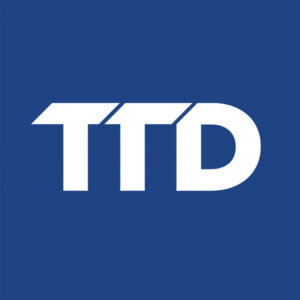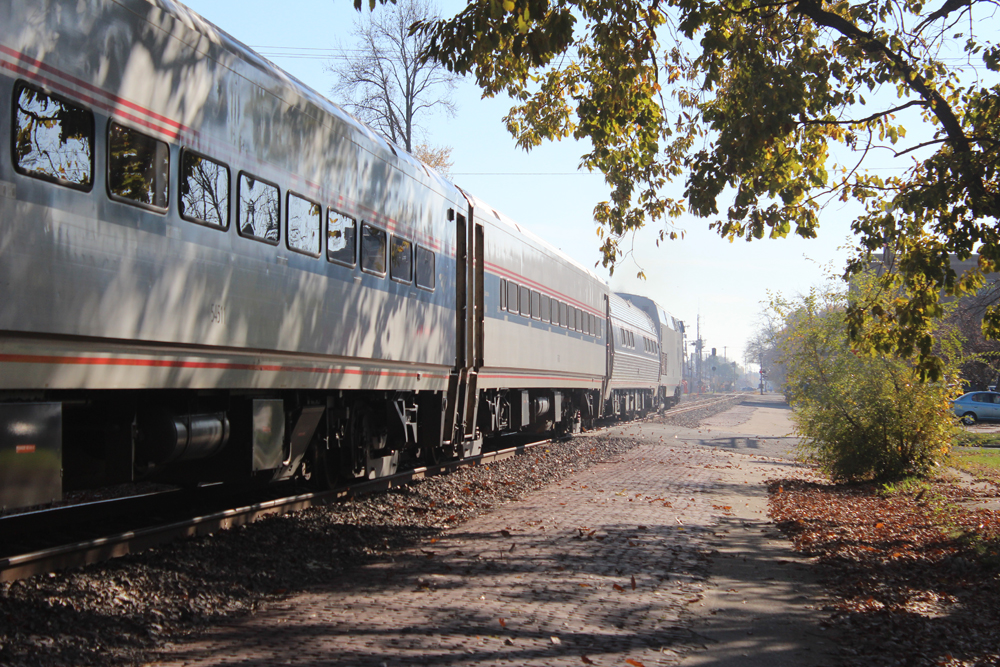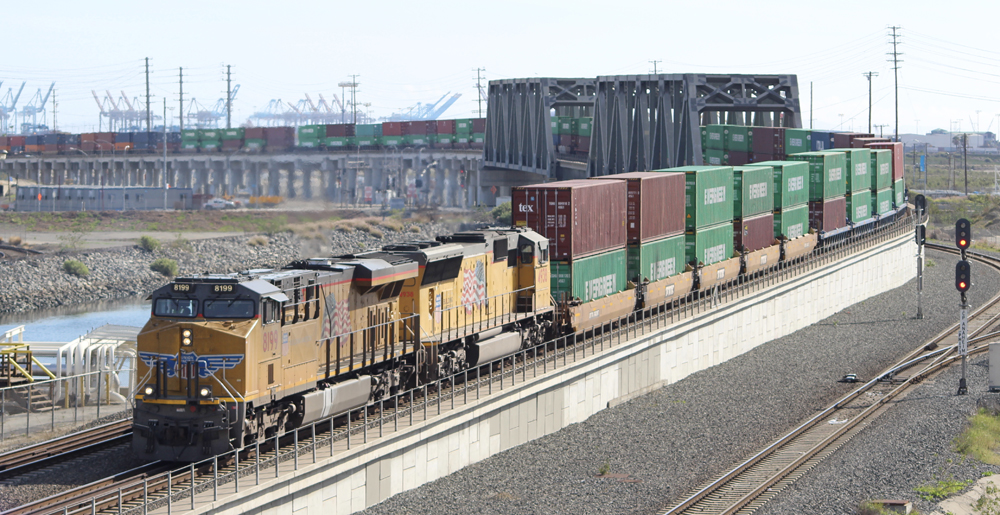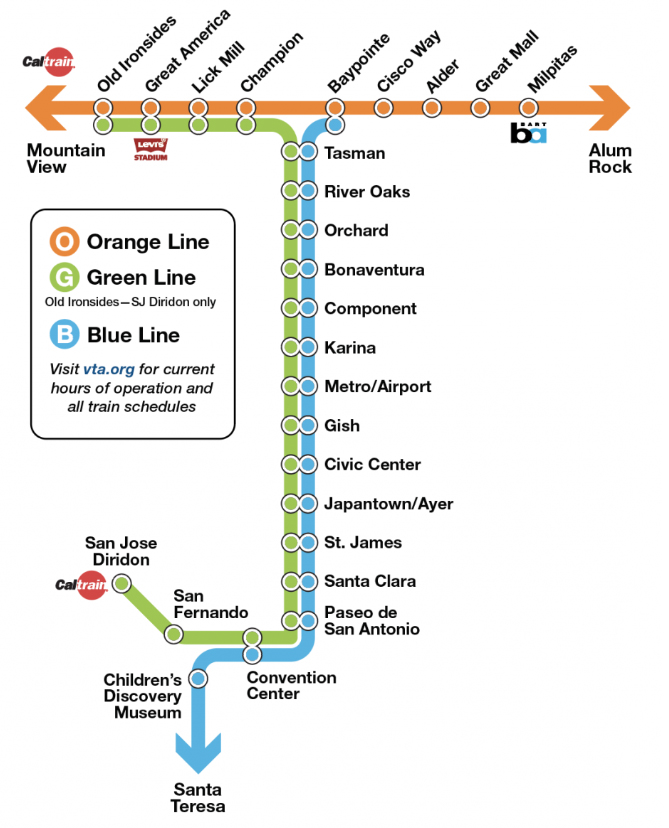 WASHINGTON — The Transportation Trades Department of the AFL-CIO, a coalition of 37 transportation-related unions including several related to railroading, is calling on the Federal Railroad Administration to require Class I railroads to participate in the Confidential Close Call Reporting System, a currently voluntary method of tracking and addressing near-accident situations.
WASHINGTON — The Transportation Trades Department of the AFL-CIO, a coalition of 37 transportation-related unions including several related to railroading, is calling on the Federal Railroad Administration to require Class I railroads to participate in the Confidential Close Call Reporting System, a currently voluntary method of tracking and addressing near-accident situations.
In a letter Thursday to FRA Administration Amit Bose, TTD President Greg Regan writes that freight rail operations require greater federal oversight and that “dangerous cost-cutting practices … pose real threats to workers and public safety.”
Regan’s letter says “derailments per train-mile and incidents at rail yards have significantly increased on several major freight railroads since they adopted the Precision Scheduled Railroading operating model in 2015,” and worker perspectives on safety issues “are not fully leveraged,” since none of the seven Class I railroad participate in the Confidential Close Call system, which allows employees to report incidents without fear of repercussion.
“We firmly believe that mandatory participation in this program will create a safer freight rail system and identify potential safety issues before they lead to dangerous catastrophes,” Regan writes.
Regan’s letter follows a report last November by the U.S. Government Accountability Office that noted just 23 of the almost 800 railroads in the U.S. participated in the program, and for those who did, there were significant flaws in the program [see “GAO report finds FRA’s close-call program is underused …,” Trains News Wire, Nov. 21, 2022]. The program is undergoing a review by the John A. Volpe National Transportation Systems Center to determine possible areas of improvement.














Fewer problems per train mile ?? Smoke and mirrors. Lets compare number of derailments by car mile. Better metric. What is the number of car miles before “PSR” ?
Interesting that the unions say that derailments per train mile has increased since the introduction of PSR, perhaps using per train mile as a measure shows an increase. However, according the FRA itself, derailments are down overall by whatever method they use to measure them…perhaps comparing apples to oranges here.
Reporting “incidents without fear of repercussion” has been standard practice in commercial airlines for decades. The second important step is conscientious monitoring, sharing and tracking of these important safety reports. Don’t keep safety problems secret!
The FAA reporting system has really helped mitigate many hidden problems